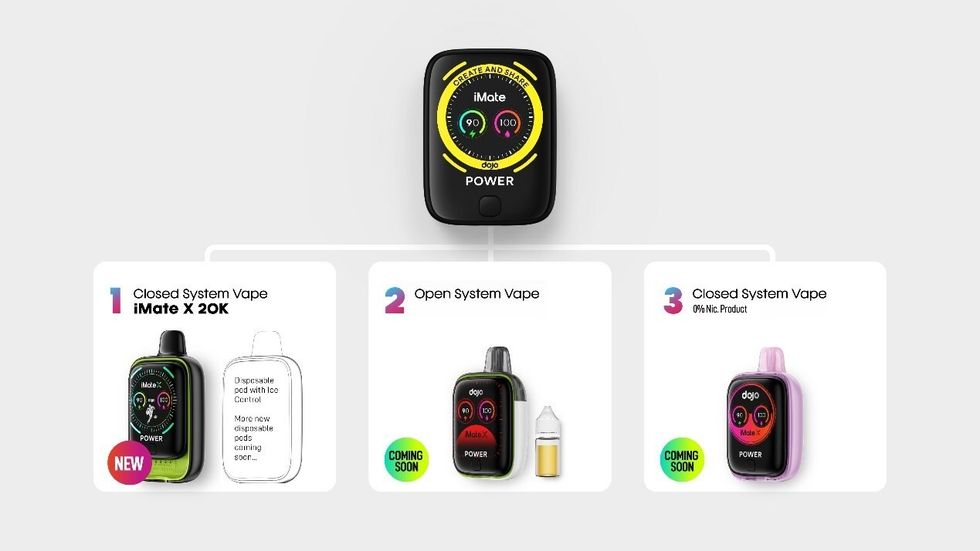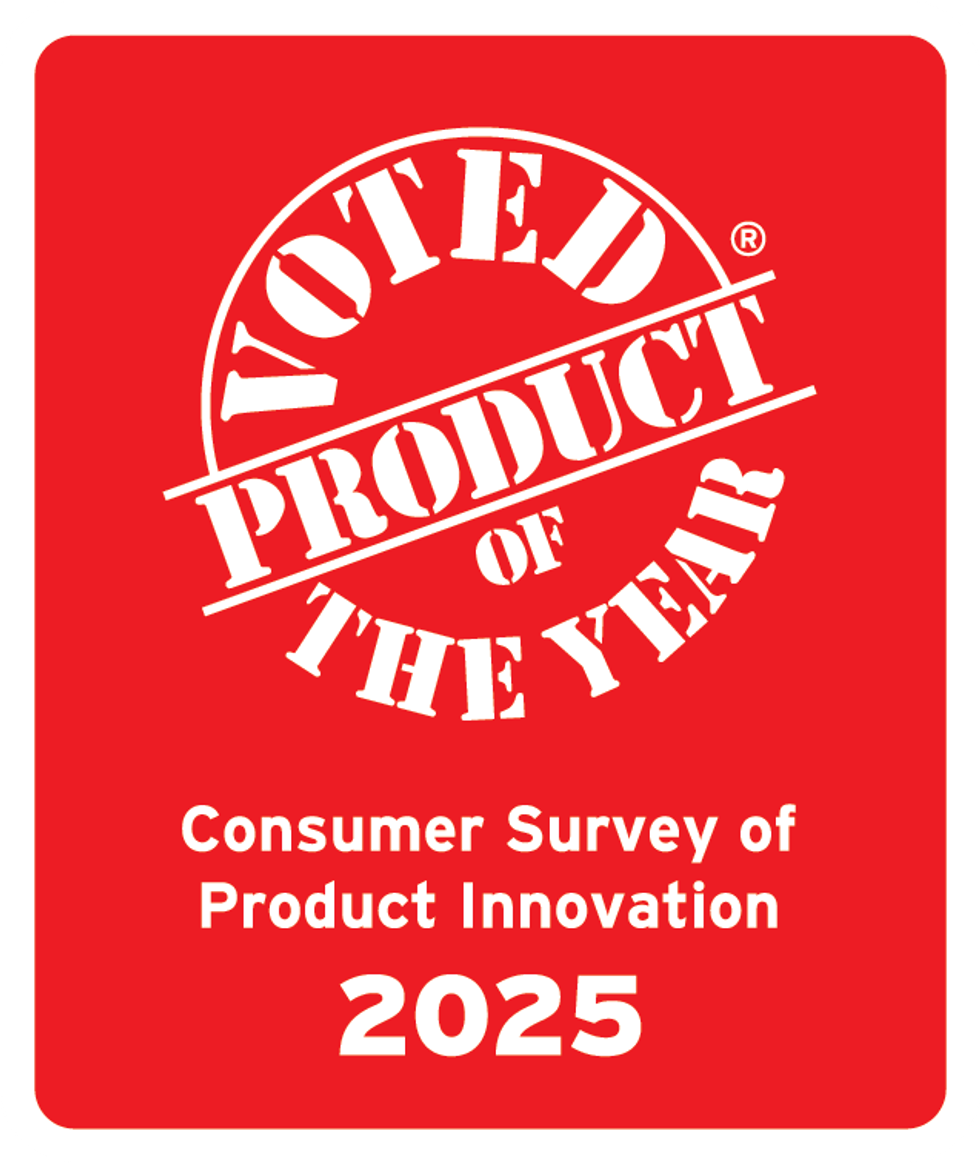Crackd, The No-Egg Egg – which won a 2023 Product of the Year award – has secured its carbon neutral accreditation as part of the brand’s partnership with Climate Partner.
The plant-based egg alternative has worked with Climate Partner to analyse the CO₂ footprint of the brand from cradle to grave to end of product life with the consumer. The carbon neutral accreditation provides reassurance that Crackd has been tested and independently verified and Crackd’s carbon footprint and CO₂ emissions have been measured, reduced and offset in line through verified carbon offset projects.
The move is one part of the plant-based brand’s journey to become more sustainable, following the launch of their 100 per cent recyclable 346g bottles in September 2022. More recently, the brand was awarded the acclaimed Product of the Year award in the Egg Substitute category, further adding to Crackd’s breakthrough progress over the past six months.
Consumers are becoming more aware of the carbon footprint of products with 73 per cent of consumers felt it was important for their food and drink to have a low carbon footprint with 49 per cent saying they wanted to see carbon footprint labelling on products.
“Working with Climate Partner has been fantastic," said Rik Roberts, General Manager for Crackd The No-Egg Egg. "Together, we’ve discovered that our CO₂ output is 1.15kg CO₂ per 1kg CO₂ of product – making Crackd significantly less carbon-producing than any animal protein. Our mission is to give consumers a low-carbon, great tasting product which gives them another way to reduce their intake of animal protein. This is truly an exciting time for Crackd and we’re fully onboard with Climate Partner’s long-term vision for a world where climate action is embedded into corporate activity.”
Sophie Taylor, Sustainability Consultant for Climate Partner added: “Any comprehensive sustainability journey starts with measuring a carbon footprint: what gets measured, gets managed. For plant-based companies already displacing higher carbon, animal product alternatives, sustainability is at the heart of these brands."
Crackd has chosen to offset its carbon emissions via a clean drinking water project in Eritrea, Africa, which aims to help communities with free, long lasting access to clean drinking water.
Crackd The No-Egg Egg is available from Bidfood, RRP £3.00 for a 346g rPET bottle. Each 346g bottle is equivalent to six eggs.



















 Dojo iMate Series
Dojo iMate Series Dojo iMate X 20K
Dojo iMate X 20K

